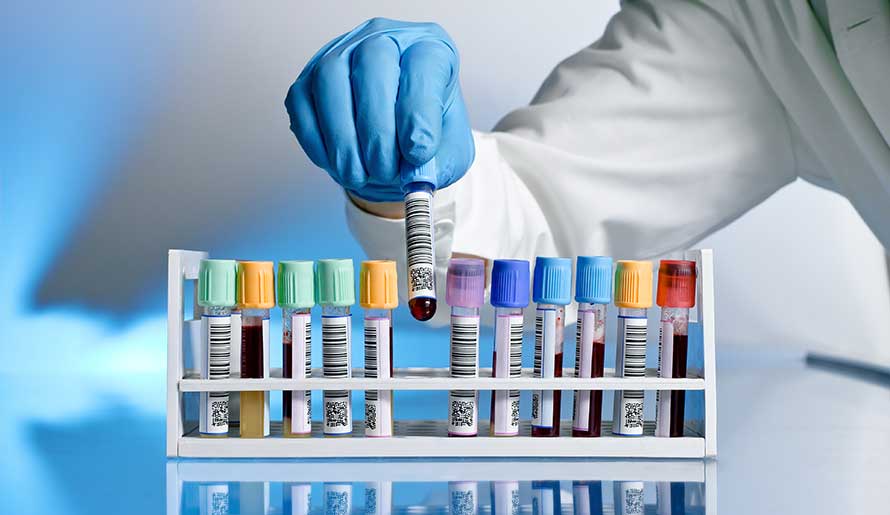Florida Pancreas Collaborative

Among the top causes of cancer death in the United States and Florida, pancreatic cancer is the deadliest, with a 5-year relative survival rate of only 10%. Based on changing demographics and incidence and death rates, pancreatic cancer is projected to surpass breast, prostate, and colorectal cancer and become the second leading cause of cancer deaths by 2030.
To address these grim statistics, Dr. Jenny Permuth, the Vice Chair of Research in Gastrointestinal Oncology at Moffitt Cancer Center, co-founded the Florida Pancreas Collaborative. The Florida Pancreas Collaborative is the first state-wide transdisciplinary partnership dedicated to advancing research efforts related to pancreatic cancer and its precursor lesions. This multidisciplinary team has been conducting large-scale studies in two main areas: early detection and prevention and cancer health disparities.
Early detection and Prevention
Intraductal Papillary Mucinous Neoplasms (IPMNs) are the most common cystic precursors to pancreatic cancer; they account for 40-70% of the estimated 700,000 asymptomatic pancreatic cysts detected incidentally through computed tomography (CT) or magnetic resonance imaging (MRI) each year. The only way to treat these cysts and examine severity is through surgical removal and pathological evaluation. However, pancreatic resection is associated with significant risks of morbidity (including long-term diabetes) and even mortality.
There is an unmet need to develop minimally-invasive approaches that can accurately distinguish more severe IPMNs that require removal from less severe IPMNs that can be observed. By leveraging expertise in population, clinical, and data science and informatics, multi-institutional infrastructure from the Florida Pancreas Collaborative, and funding from the National Cancer Institute the team seeks to discover a combined quantitative imaging and biomarker approach that is noninvasive and has added value in predicting IPMN pathology beyond that provided by standard radiologic and clinical characteristics.
The team will build upon their preliminary studies to evaluate underexplored categories of quantitative ‘radiomic’ features extracted from preoperative computed tomography scans along with a circulating plasma microRNA blood test that they have developed and generate prototype clinical decision-making models (nomograms) to predict malignant IPMN pathology. They will also evaluate the relationship between radiomic features and biological processes characterized by miRNA and/or mucin expression that underlie IPMN tumor development and/or progression to glean diagnostic and prognostic information. This line of translational research has potential to foster clinically actionable information that may be used to rapidly and cost-effectively personalize care for individuals with IPMNs and reduce pancreatic cancer burden.
Learn more about the early detection and prevention study.
Cancer Health Disparities
Pancreatic cancer disproportionally affects African Americans/Blacks, and biological reasons for these disparities remain unclear and understudied. Another goal of the Florida Pancreas Collaborative is to minimize disparities, personalize care, and improve outcomes for the racially and ethnically diverse population of Floridians who are affected by pancreatic cancer. The team is funded by an infrastructure award from the Florida Department of Health James and Esther King Biomedical Research Program to recruit African American, Hispanic/Latinx, and Non-Hispanic White individuals newly-diagnosed with pancreatic cancer at one of 15 participating Florida centers and prospectively build a robust ‘next-generation biobank’ that longitudinally collects blood, various tissue types, medical images, and clinical, laboratory, epidemiologic, and outcome data. The team is also evaluating the novel hypothesis that cancer cachexia contributes to observed pancreatic cancer disparities.
Learn more about the Florida Pancreatic Collaborative and this study.
How to participate
To refer patients to either Pancreatic Cancer Study or discuss collaborative efforts, please contact FPC@moffitt.org.
Florida Academic Cancer Center Alliance
